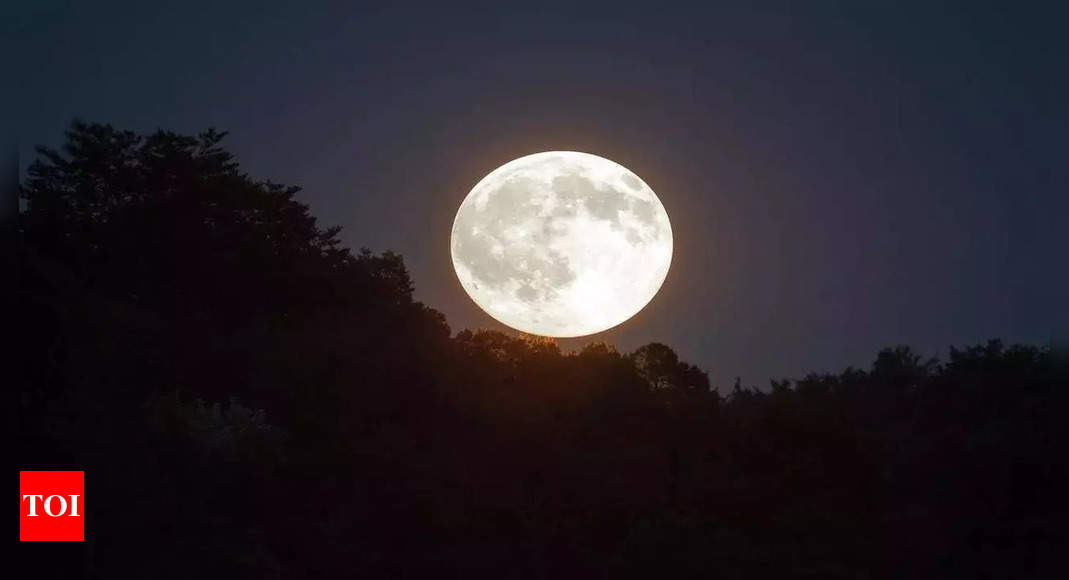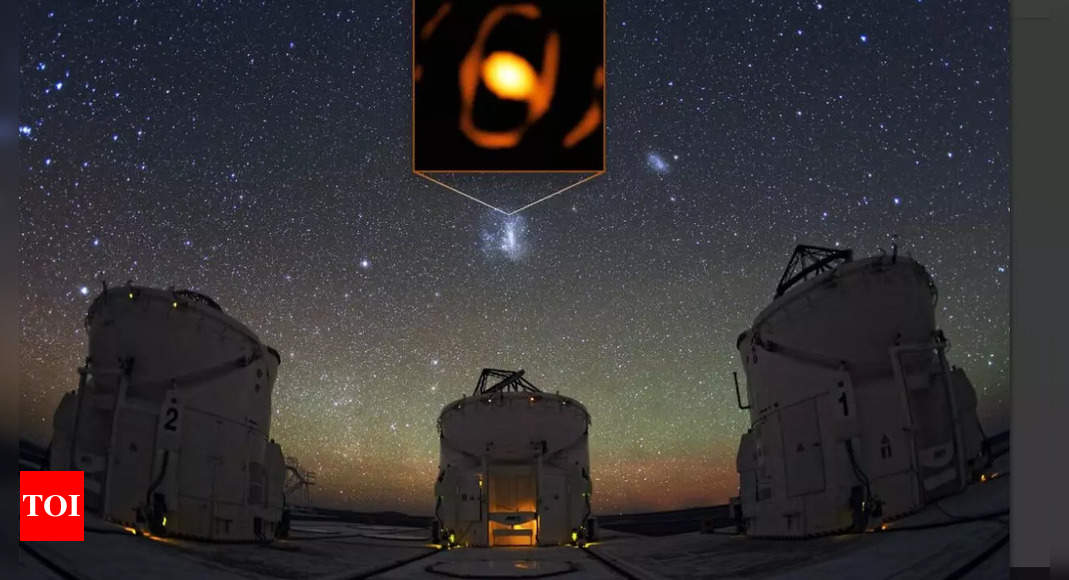
The October Full Moon, known as the Hunter’s Moon, will light up the night sky this week, reaching its peak illumination on Thursday, October 17th, at 7:26 a.m. EDT (4:56 p.m. IST). According to NASA, while the moon will be brightest at this time, its beauty can be appreciated from Tuesday evening through Friday morning. For those who enjoy observing celestial events, this moon promises to be a stunning sight.
What is the Hunter’s Moon?
The Hunter’s Moon is a supermoon that occurs after the Harvest Moon, which is the closest supermoon to the autumnal equinox.The term “Hunter’s Moon” has historical significance, with its earliest known usage recorded in the Oxford English Dictionary in 1710.
Hunter’s Moon characteristics
- Brightness: This full moon appears brighter and rises earlier than other full moons.
- Timing: Increased luminosity provides more light just after sunset, benefiting hunters.
- Orbit: The moon’s orbit is nearly parallel to the horizon, resulting in a short gap between moonrise and sunset.
Typically, the moon rises about 50 minutes later each day. However, the Hunter’s Moon and the Harvest Moon behave differently:
They rise about 30 minutes later on successive nights.
This close timing between sunset and moonrise allows for extended twilight and additional evening illumination.
Why is it called the Hunter’s Moon?
The name “Hunter’s Moon” relates to the tradition of hunting in preparation for winter. Its origin can be traced back to historical agricultural and hunting practices observed in many cultures, particularly in the Northern Hemisphere.
- Post-harvest: After the Harvest Moon, fields are cleared of crops, causing game animals like deer to forage in the open, making them easier targets for hunters.
- Ideal hunting time: The bright light of the Hunter’s Moon extends hunting hours after sunset.
- Cultural recognition: The Maine Farmer’s Almanac helped popularise the name, first publishing Native American names for full moons in the 1930s.
Viewing the Hunter’s Moon and upcoming event
For those eager to catch a glimpse of the Hunter’s Moon this October, no special equipment is required. The moon will be visible to the naked eye and can be enjoyed from most locations worldwide.
- Peak Viewing: The moon reaches its peak at 7:26 a.m. EDT (4:56 p.m. IST) on Thursday but will appear nearly full from Tuesday evening through Friday morning.
- Upcoming events: This is the third of four consecutive supermoons. The next one, the Beaver Moon, will occur on November 15, 2024.
Hunter’s Moon: Cultural significance of the full moon in Hindu tradition
In Hindu culture, this full moon is celebrated as Sharad Purnima and is also known by several names, including:
- Kumara Purnima
- Kojagari Purnima
- Kaumudi Purnima
This occasion holds cultural and religious significance, marking the end of the monsoon season and the beginning of the harvest.
Also Read | Prada’s new NASA spacesuit redefines Haute Couture in space exploration; first woman to wear this Prada spacesuit









